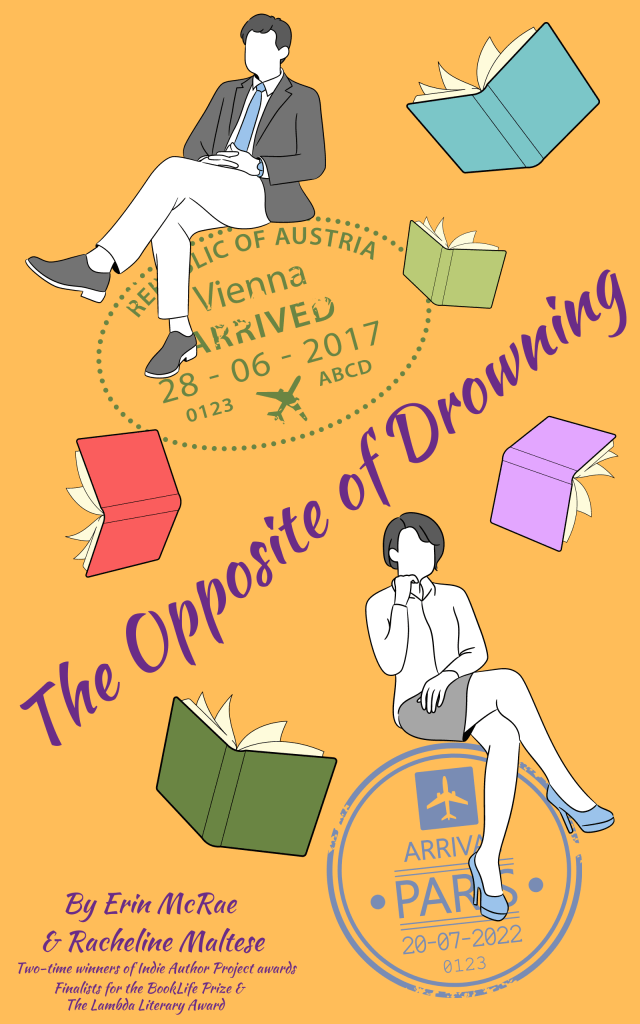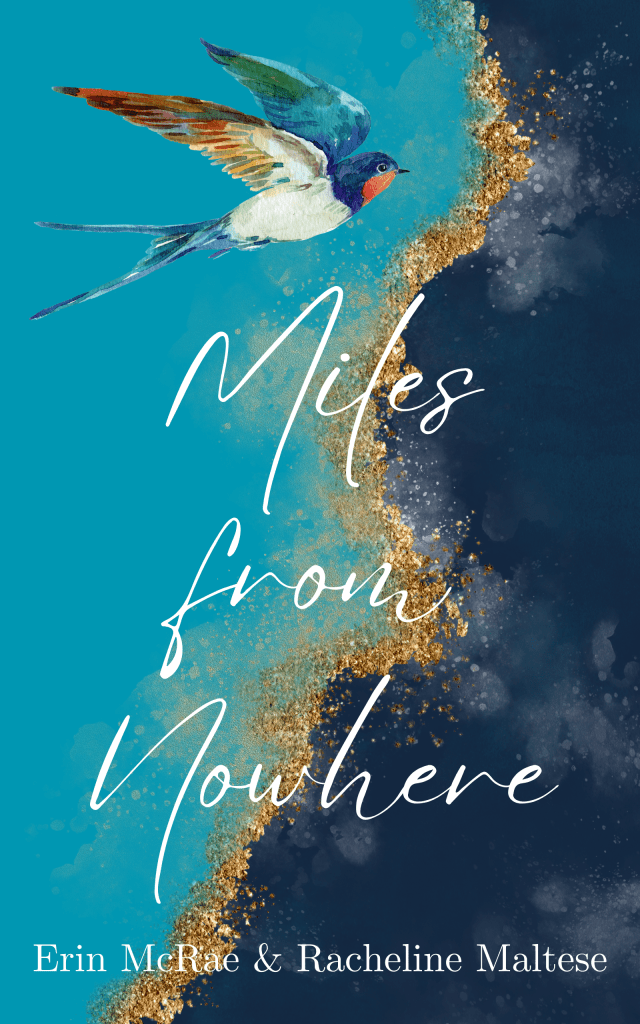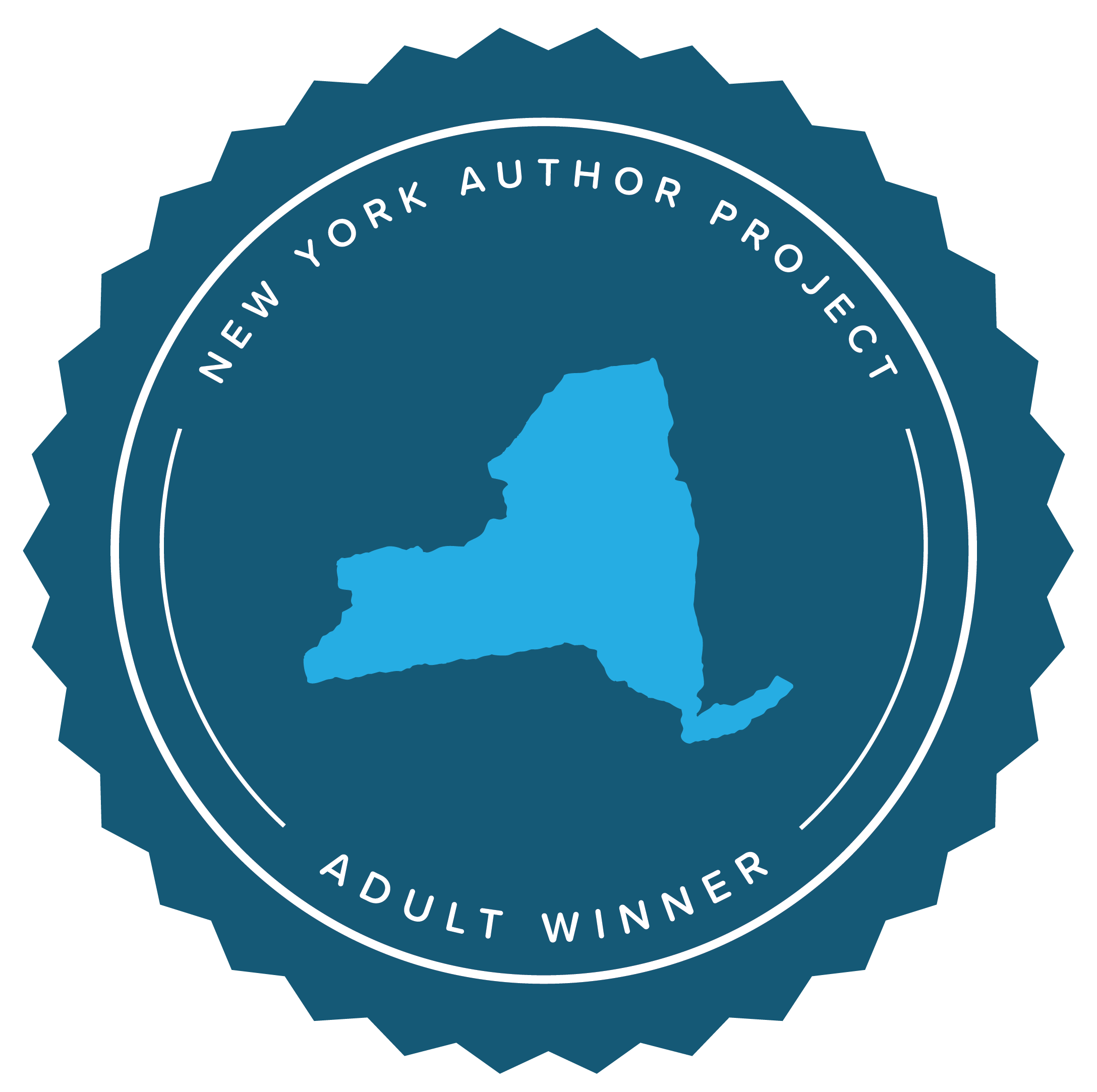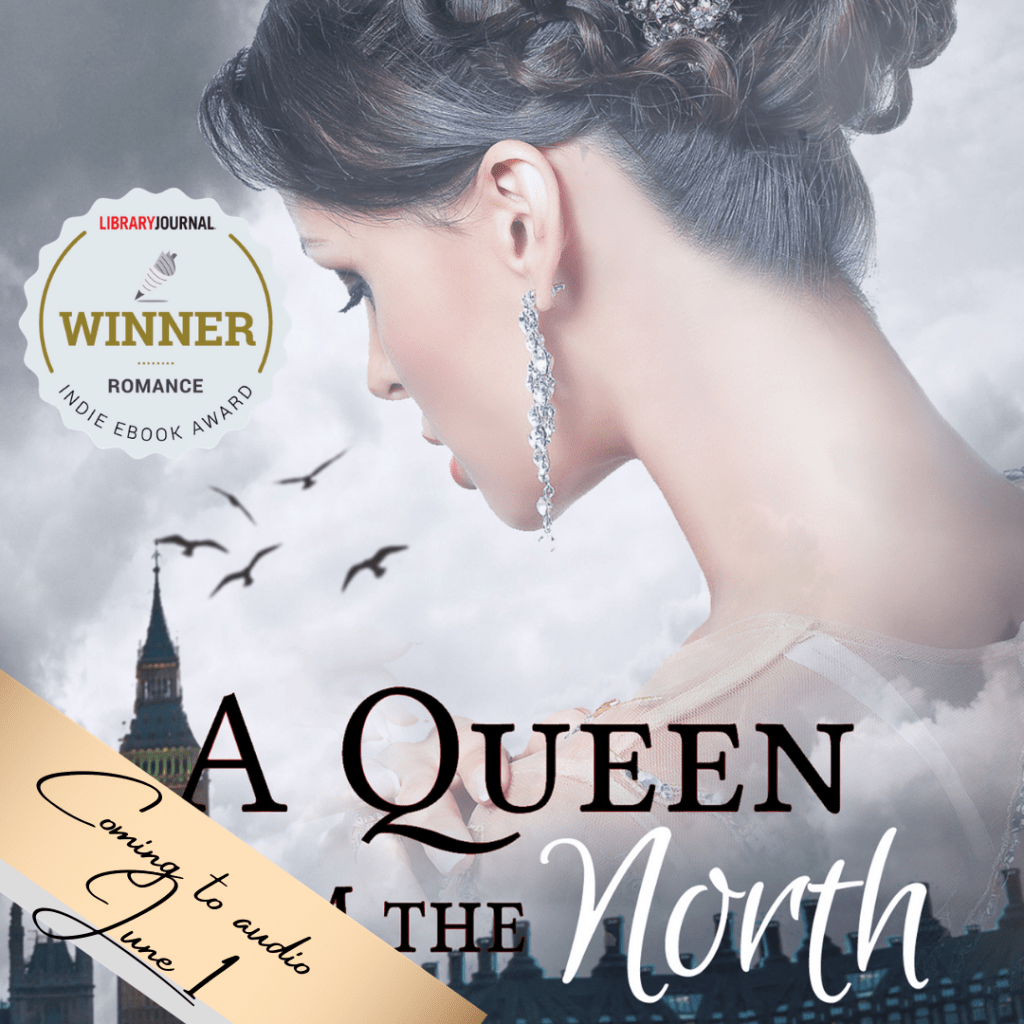Back in October (which, consider how 2020 is going might as well be another geologic age), I tweeted in response to the latest article about the romance genre that didn’t actually get what the romance genre was:
Anyone outside of Romancelandia trying to do a hot take about our genre _really_ needs to understand that, broadly speaking, we have both a liberation wing (protagonists bend the world to find their joy) and a compliance wing (protagonists bend themselves to find their joy).
On one hand, this is really pithy and helps to break down a lot of what’s going on in the genre. On the other hand, it is Twitter, so I did want to expand on it, because it’s not actually that simple.
Certainly, many romance novels feature tension between these two ideas, although one will usually dominate. And my suspicion is that if you’re not well-read in romance (and are, in fact, suspicious of romance) and don’t like compliance narratives, if you stumble on one you may just have a “romance is regressive and bad” reaction.
But that’s not fair – either to the genre, or to compliance narratives.
Because while this idea of liberation vs. compliance can tie into politics and conflicts within the romance genre (they are legion and the genre has a very publicly documented history of racism and homophobia that was until quite recently even entrenched in its national professional organization), it’s not always clear cut. Ultimately, I’d argue that there’s a subset of compliance out there that I think of as enforcement. And while not all compliance stories are inherently toxic or even small-c conservative, enforcement narratives are where the big warning red siren goes off – at least for me.
When we were all discussing this on Twitter (maybe we’re still discussing it on Twitter?) people asked me for examples of liberation vs compliance, and I went with two different books – neither of which exist – that I could theoretically write that draw on my background as a Sicilian-American with a (now-deceased) grandmother who married very young and worried about me when I did no such similar thing.
In a book I would think of as a liberation romance, Our Heroine’s grandmother pressures her to go back to the Old Country to meet Some Guy who is the grandson of her BFF from back in the day. Our Heroine goes, meets this guy, and they are both like, “wow, what a weird nightmare this is and surprise we’re both queer!” Some Guy introduces Our Heroine to his friends and ultimately Our Heroine hooks up with Sicilian Artist Lady, and they fall in love and move back to the U.S. Some Guy coming to visit the U.S. in the sequel to find his HEA (with whom he moves back to Sicily) seems like a given. None of this is how the grandmothers thought it was going to turn out, but they love that these kids today were able to help each other find happiness.
In a book I would think of as a compliance romance, Our Heroine’s grandmother pressures her to go back to the Old Country to meet The Hero who is the grandson of her BFF from back in the day. Our Heroine and The Hero have instant chemistry, but he sure has some ideas about how a proper Sicilian woman should dress and behave that Our Heroine bristles at. But as she spends more time with The Hero and more time in Sicily, she realizes that maybe she’s happy in this place, that she feels comfortable in this role, and that she might even be happier if she gives into some traditional Sicilian wife choices – it’s not like her supposedly super liberated life back home in the U.S. was making her actually happy – and there’s real joy in letting someone else make some decisions sometimes. She and dude eventually get engaged; Our Heroine celebrates the new freedom from (as opposed to freedom to) in her life.
Both books contain a lot of food, some fish out of water stuff, and are about grappling with how much the past should influence our present and how big the space should be between what a person should be and what a person wants to be.
Depending on the reader, either book could actually be termed liberation, and with a bit more effort I’m pretty sure either could also be termed compliance. But at the end of the day, at least in my head, the first book is about changing the rules the characters are faced with and the second book is about learning how to accept those rules and find joy in them.
So, while one of those books appeals to me a lot more as a writer (because I do tend to lean liberation), it’s not like I’m out here being “Compliance stories mean you’re a big old mean bigoted racist Trump supporter.” As previously mentioned, that’s an issue in Romancelandia, but it’s not one that can be reliably or comprehensively pinpointed and described by liberation vs. compliance.
And that’s where enforcement comes in. Enforcement is where the bad guys are. It’s the people who say “It’s not a romance novel unless it’s about white, educated, cisgender, heterosexual woman finding an HEA with a white, educated, cisgender, heterosexual man in the form of marriage and babies.” And yes, there are people out there writing essays trying to make that argument, usually along side arguments that aren’t just about books, but are about who romance writers and readers are allowed to be.
If you aren’t deep into Romancelandia, this perhaps sound cartoonishly villainous, but for those of us who are in any way marginalized, we’ve all heard this nonsense more than once. At one point there was actually an effort to limit the definition of a romance by the Romance Writers of America to a love story between one man and one woman – something which RWA has since (but quite recently!) apologized for. The people who brought that type of initiative haven’t gone away. They’re still writing books and parts of the market are still gobbling those books up.
So, to recap:
Liberation stories are about protagonists who change the world to get what they want. Does this mean these books have inherently progressive ideals or are written by politically progressive people? Probably, but not necessarily (and let’s not overlook the risk of White Feminism hiding over in this part of the genre. Racism, among other things, can be anywhere and books with what feels like liberation stories aren’t exempt from that, no matter how much we might like that to be true – I’d like to think we’re working on it though).
Liberation is just a type of story, and it’s useful to know if it’s the type of story you like. Because if you’re looking for liberation stories and you keep reading compliance stories, you’re going to be pretty unhappy with the romance genre.
Compliance stories are about protagonists who change themselves to get what they want. These stories can include makeover narratives as well as stories about people in diaspora rediscovering family heritage and culture they might not have previously had significant access to. These stories can be liberating for some readers. But these are more likely to be freedom from narratives than freedom to narratives. Can you make any sort of assumption about the authors and their politics here? Not in any way I’d be willing to generalize.
But as a subset of compliance is definitely enforcement, which is about books that set down narrow and restrictive parameters (and I don’t mean ones like “requiring consent”) about relationships and gender in a way that penalizes characters and authors outside of them. These books have a conservative agenda that generally targets the shape of women’s lives and who is allowed to even be considered for a Happily Ever After, not just on the page, but in real life.
The marketplace may be rapidly being swamped by liberation books and books that grapple with compliance themes, but that enforcement stuff is still out there doing harm and limiting the idea of who even deserves a love story.
Where do my own habits fall within this?
Well, I’ll be honest, as a reader, I can love a good compliance narrative. Why? Because I’m personally terrible at compliance in my actual life. I don’t wear makeup, half my head is shaved, I use they/them pronouns, and I haven’t had a traditional office job in over two decades. Whether it’s to my grandma’s cultural values or pre-pandemic workplace norms or to my off-ice training, I suck at compliance. So, when I read compliance books, it’s because I want to know how that works and I want to see a type of happiness that’s very different from my own.
As writers, Erin and I are all over the place on this spectrum, so I’ve tried to rank some of our stories accordingly below:
The Opposite of Drowning – This is pure liberation. Our heroine ditches a fiancé that only values her as a society wife to host parties during his political campaign. She then falls in love with her eccentric coworker who’s trying to break out of a shell of hating his job, his friends, and his life. The biggest liberation moment of the book may also be one of its funniest – when the heroine gets busted in her office’s kitchen melting down the key to her hope chest that she had always previously worn around her neck. Not only is she done with the now ex-fiancé and that tradition, she’s not letting anyone else get her hands on the symbol of what she was supposed to – and now refuses – to be.
The Art of Three – This is also pure liberation and low-conflict liberation at that. It’s about a polyamorous relationship, in which no one has any significant drama about being polyamorous. But at every turn every character chooses what’s best for them and the people they love, regardless of what nosey neighbors or traditional relatives (who are eventually won over) have to say.
Ink and Ice – Also all liberation all the time. Our hero is trying to find the courage to show his true self, including the creepy island with the selkie mythology from which he comes, on and off the ice.
After the Gold – On the surface this is very much a liberation narrative. Skater with anxiety has to trust her self enough to let her partner, who has always loved her, in. But it also has elements of compliance… to manage her anxiety, she eventually has to trust other people enough to make some decisions – with her consent and cooperation – for her.
A Queen from the North – This book unavoidably has elements of compliance; after all, it’s a royal romance, although one set in a contemporary alternate U.K. where the Wars of the Roses never ended and the political and social landscape of the country is still riven by the conflict between York and Lancaster. One of the notes I kept giving Erin as we were drafting this book was that the landscape needed to feel “darker, more totalitarian, and more Thatcherite.” But this is a book about confronting, rejecting, and reforming that. Out of its marriage of convenience narrative, we see the heroine telling the Palace’s head PR woman to stuff it because she will not apologize for being slut shamed by her ex and she will marry the Lancastrian Prince of Wales (that she eventually falls in love with) to save her Yorkish people, opinions about her past be damned. If you have hesitancy about even touching something involving the monarchy (because, legitimately, yikes), I’ll tell you… we have some plans for that.
(While all of these buy links are to Amazon, our books are available on all major ebook platforms including Amazon, Kobo, iBooks, and Google Play, as well as in print and ebook for libraries.)












